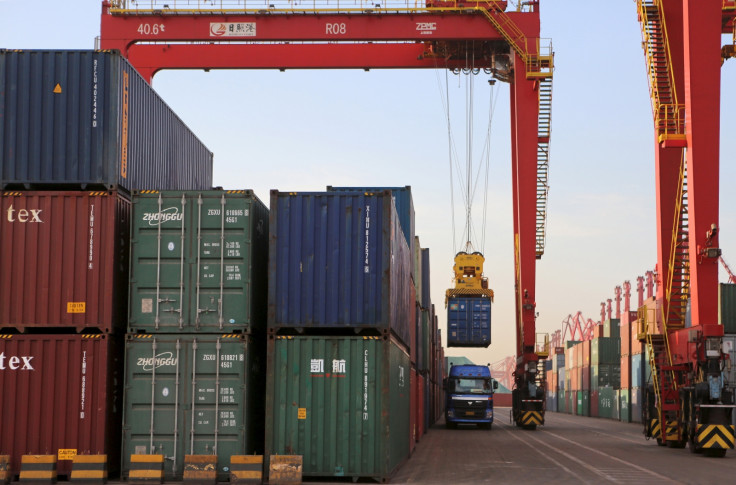China GDP growth holds steady at 6.7%
World's second largest economy remains on track to meet Beijing's growth targets for the calendar year.

China's economy maintained a solid rate of growth in the third quarter, helped by a government stimulus programme and a property boom.
Gross domestic product expanded 6.7% year-on-year in the July to August period, in line with analyst expectations and matching the pace of growth recorded in the previous two quarters.
The figure falls within Beijing's growth target of 6.5% to 7% for the calendar year.
China's National Bureau of Statistics said the world's second largest economy had performed "better than expected" in 2016, despite a slowdown in exports.
Growth was helped by a 7.1% increase in real estate investment in the year to September.
Analysts fear that China's property market may be overheating and have also expressed concern over Beijing's high debt levels.
Chinese Premier Li Keqiang tried to allay those fears earlier this month, saying that China had limited exposure to foreign debt and that the property bubble would be kept under the government's control.
"We are confident of and capable of being able to accomplish the major economic targets this year and we are determined to stick to the bottom line of avoiding systematic, regional financial risks by laying a sound foundation for next year's growth," he said on 11 October.
Other data released by the statistics agency showed that China's industrial production increased 6.1% year-on-year in September, missing analyst expectations for a 6.4% gain.
However, retail sales were up 10.7%, beating forecasts for a 10.6% increase.
Fixed asset investment climbed 9.5% in the year to September period.
The Chinese government front-loaded its stimulus programme in the first quarter to boost a sluggish economy, with banks lending billions of dollars to businesses to maintain cash flow.
The world's second largest economy grew 6.9% last year — its weakest expansion in a quarter century — falling short of Beijing's target of 7%.
Analysts widely expect the world's largest trading nation to miss its export targets for 2016, despite Beijing devaluing the yuan last year to help its exporters.
© Copyright IBTimes 2024. All rights reserved.






